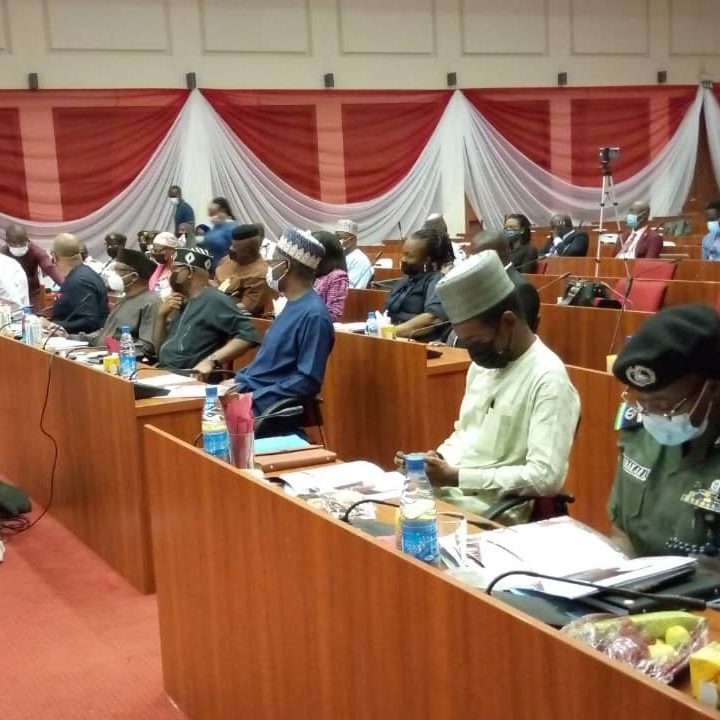
Senate’s Public Health Emergency Bill 2020 goes for public hearing
- Health Sector
- No Comment
- 454

The recent Coronavirus pandemic (COVID-19) outbreak has affected all the countries of the world including Nigeria. The first case of the virus was confirmed in Nigeria in late February, 2020 and rapidly spread to all the 36 States and the Federal Capital Territory (FCT).
The spread of communicable diseases constitutes serious threat to public health and social economic development of a nation; and since migration has become a fundamental part of economic and social development, nations face threats from infectious diseases and public health emergencies arising from unrestricted mobility of persons and trade across national borders.
The pursuit of nations to protect the health of persons within their borders and territories are legalized by enacting regulatory frameworks geared towards addressing issues of public health concerns.
In Nigeria, there are several legal frameworks already operational to protect citizens, including the Act that established the Nigeria Center for Disease Control (NCDC); however, the public health emergency management system needs to be further strengthened to be able to adequately prepare for and respond to disease outbreaks.
In view of this, the Senate Committee on Primary Healthcare and Communicable Diseases held a one-day stakeholders Public Hearing on the Public Health Emergency Bill, 2020; which when enacted will repeal the Quarantine Act of 1926. The Quarantine Act is outdated and inefficient to effectively provide the required legal backing to adequately respond to public health emergencies considering emerging challenges and modern-day realities.
The Bill, which bears semblance to the Control of Infectious Diseases Bill currently under consideration by the House of Representatives’, if signed into law will be invoked by the President to guide response activities and programs during public health emergencies.
Participation during the hearing was from a wide range of stakeholders including the Honorable Minister for Health, Dr Ehanire Osagie alongside a delegation of the Ministry’s Heads of MDAs; as well as representatives of various professional bodies, most of whom agreed that the consideration of the Bill is timely, as it generally seeks to improve government response to challenges occasioned by outbreak of diseases and public health concerns like the currently ravaging COVID-19 pandemic.
Others recommended that some of the provisions of the Bill can be incorporated into the NCDC Act by way of amendment to strengthen the Act to better place the NCDC in a position to effectively prepare and respond to public health emergencies in the country. Further calls were for a review of the governance structure and membership of the Task Force proposed to be constituted as provided for in the Bill during public health emergencies.
The Bill will afterwards be subjected to further legislative actions to consider all and integrate relevant opinions raised in the necessary provisions of the Bill. If passed, it will effectively address the gaps in the Quarantine Act, put in place a legislation that is up to date, address modern realities regarding disease outbreaks by expanding the scope and interpretation of dangerous infectious diseases beyond what is contained in the Quarantine Act among other crucial matters.
Written by: Philip Akoso
Edited by: Abude-Aribo Juliana
Legislative Initiative for Sustainable Development – LISDEL





